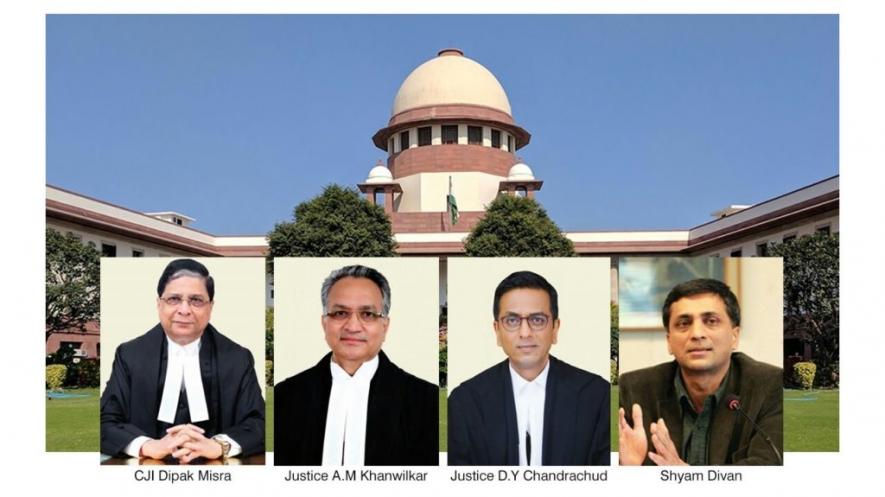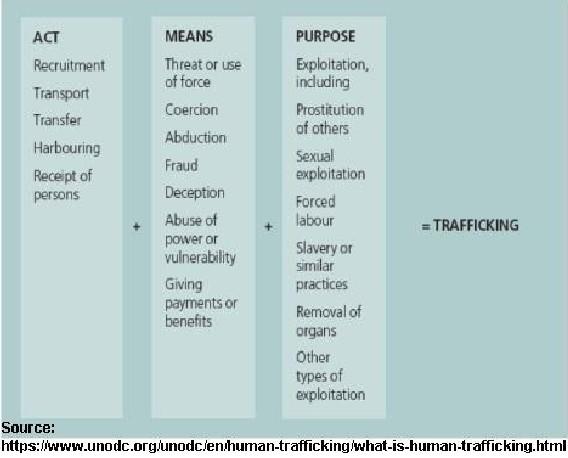At What Stage Does a Consenting Adult Become ‘Vulnerable’?

Image Courtesy: Bar & Bench
The hearing in the Hadiya case on February 22 raised two important points. Firstly, the question of whether the doctrine of parens patriae can be extended by the High Court in relation to Hadiya. Secondly, whether the definition of ‘human trafficking’ under the United Nations Protocol to Prevent, Suppress and Punish Trafficking in Persons can be applied in this regard.
The doctrine of parens patriae is based on the Common Law principle that the king was the ‘father of the country’. This doctrine has since been evolved in republics wherein the State can act as a guardian to the most vulnerable sections of the country. In India, the doctrine generally applies to minors under the protective custody of the Court. In 2009, the Supreme Court extended the doctrine to mentally retarded persons, as distinguished from mentally ill persons. Therefore, in the case of Hadiya, the application of this doctrine is a bit stretched. The CJI, Dipak Misra observed that the High Court had recognised Hadiya as a ‘vulnerable adult’ and that the definition of a vulnerable adult is vague and subjective, something the Court is averse to.

The definition of human trafficking as per the UN Protocol consists of three elements; the act, the means, and the purpose. This definition is specific in its scope and therefore, to prove that trafficking has taken place, one would have to prove each element of this definition. Senior Advocate Shyam Divan contended that the marriage was a means to traffic Hadiya. He based this on the NIA report and the statements made by Hadiya’s father regarding a recorded phone conversation where Hadiya admitted that she wanted to go to Syria to raise sheep. However, Senior Advocate Kapil Sibal countered this remarking that the transcripts show that the father had asked leading questions, therefore eliciting the response he wanted. Relying on the NIA report, Shyam Divan raised the issue of recruitment for IS, on which he based his argument that Hadiya had been ‘recruited’, by means of a marriage (fraud/deception), for the purpose of exploitation.
The issue with this argument is about whether there is sufficient evidence to show that there was any nexus between Hadiya’s husband and the Islamic State or any other radical Islamic organisation. Though the NIA report states that two persons have absconded to Yemen since the investigation began, however, whether any such link exists or not cannot be determined. Another issue arose regarding the role of the head of the PFI women’s’ wing who had described herself as Hadiya’s guardian.
The crux of the case rests on whether trafficking can be proved. If so, then the Court may extend the doctrine of parens patriae to Hadiya, thus the High Court order annulling the marriage can be upheld. However, this could set a bad precedent for future cases where the brides family does not approve of the groom. The Supreme Court had in a landmark Judgement declared the age of consent does not necessarily have to be on attainment of the majority – 18 years. If the Supreme Court does uphold the High Court order, this could potentially undo its earlier landmark decision.
Get the latest reports & analysis with people's perspective on Protests, movements & deep analytical videos, discussions of the current affairs in your Telegram app. Subscribe to NewsClick's Telegram channel & get Real-Time updates on stories, as they get published on our website.
























